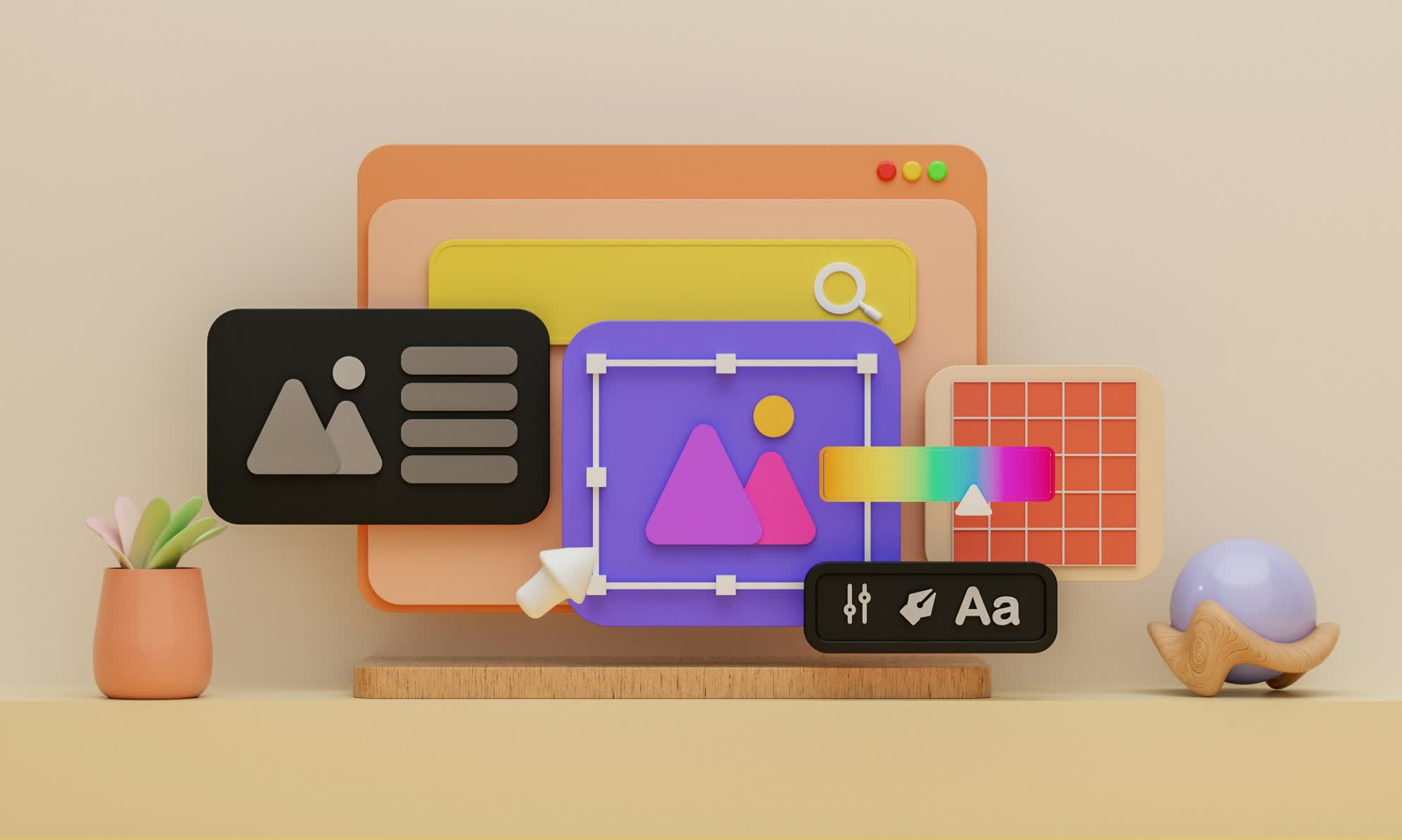In context: Microsoft will officially end support for the most widely used editions of Windows 10 in just a few months. The operating system remains in use by hundreds of millions of PC owners, many of whom will soon face a critical decision: upgrade to Windows 11, or explore alternatives.
Microsoft plans to end support for Windows 10 security updates on October 14, 2025, even though the operating system remains the most widely used desktop platform. This move will render a massive number of PCs non-compliant with modern security standards. However, supporters of the newly launched End of 10 initiative are offering guidance for users looking to replace Windows with Linux easily and affordably.
LibreOffice has also joined the End of 10 campaign. The popular free and open-source productivity suite recently announced its official support for the effort, encouraging PC users to reconsider their digital work environment. The Document Foundation, the organization behind LibreOffice, aims to offer a viable alternative to upgrading to Windows 11.
Many Windows 10 devices don't meet the hardware requirements for Windows 11, but that's only part of the problem. According to TDF, the new operating system also deepens users' dependence on Microsoft's cloud-centric business ecosystem, pushing aggressive integration with online services and nudging users toward paid subscriptions and restrictive licensing models.
These changes are likely to increase costs for both individuals and organizations, while also reducing user control over how their systems operate. But the end of official Windows 10 support doesn't mean surrendering to Big Tech. Users now have a chance to leave behind Windows and Office, and fully embrace Linux and LibreOffice as powerful, privacy-respecting alternatives.

Adopting a Linux distribution isn't necessarily the radical shift many perceive it to be, The Document Foundation suggests. The open-source Linux kernel serves as the foundation of a computing environment that prioritizes transparency, user freedom, and adherence to open standards. Even Microsoft has acknowledged Linux's growing importance through the introduction of Windows Subsystem for Linux WSL.
Naturally, TDF is especially focused on promoting the benefits of switching from Microsoft Office to LibreOffice. The open-source suite includes all the essential tools of a modern productivity package – word processing, spreadsheets, presentations, drawing, and database management – without the licensing fees or vendor lock-in.
LibreOffice uses open standard document formats and also supports Microsoft's proprietary file types, though compatibility isn't always perfect. Some Office documents may display formatting issues or fail to open correctly. Additionally, LibreOffice has yet to offer full support for mobile platforms.
The Document Foundation outlined three key steps required to migrate from Windows+Office to Linux+LibreOffice. Individual users and organizations should start testing the new platform on a second partition of their PC or in less important company departments, check software compatibility, and properly train personnel.
"Microsoft is forcing users' hands, but it is also opening a door. Now is the time to challenge your assumptions and take back control of how your personal computers work, how long they last, and most importantly, how your content is managed," TDF said.
